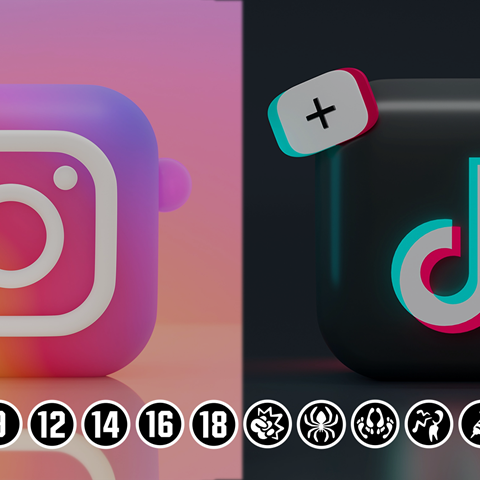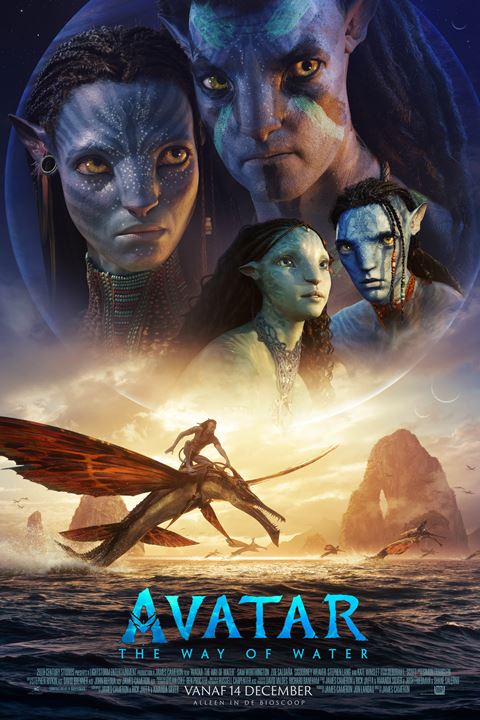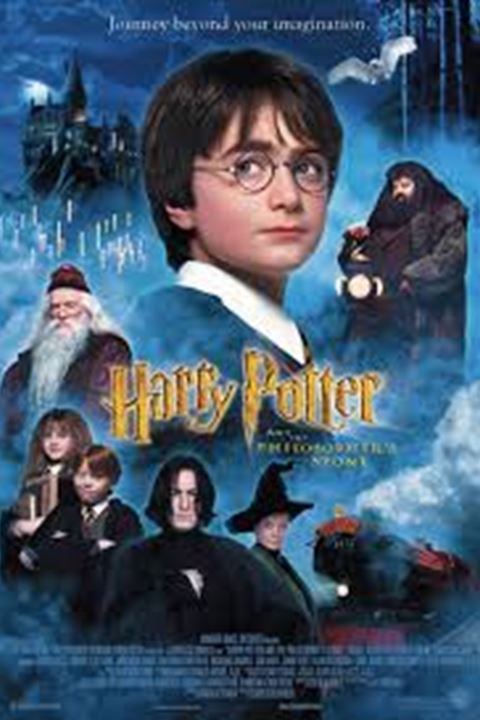
Teenagers want warnings before shocking videos on TikTok and Instagram
More than 80% of teenagers between the ages of 10 and 16 and their parents would like warnings before shocking images on social media such as TikTok and Instagram. It concerns images with violence, sex, animal suffering or ‘scary’ things. This has emerged from research by NICAM, the organization behind Kijkwijzer. Young people are afraid that the algorithm will serve them more and more videos that will make them feel afraid, embarrassed or unsafe. They not only want a warning that videos contain shocking images, but also what kind of images, so that they can decide for themselves whether they would like to watch or not.





